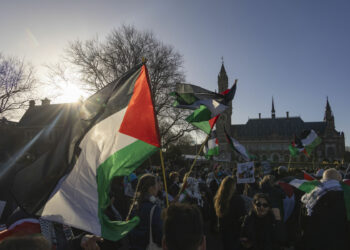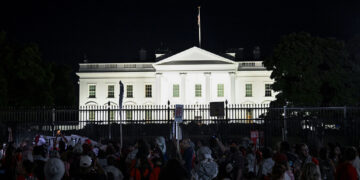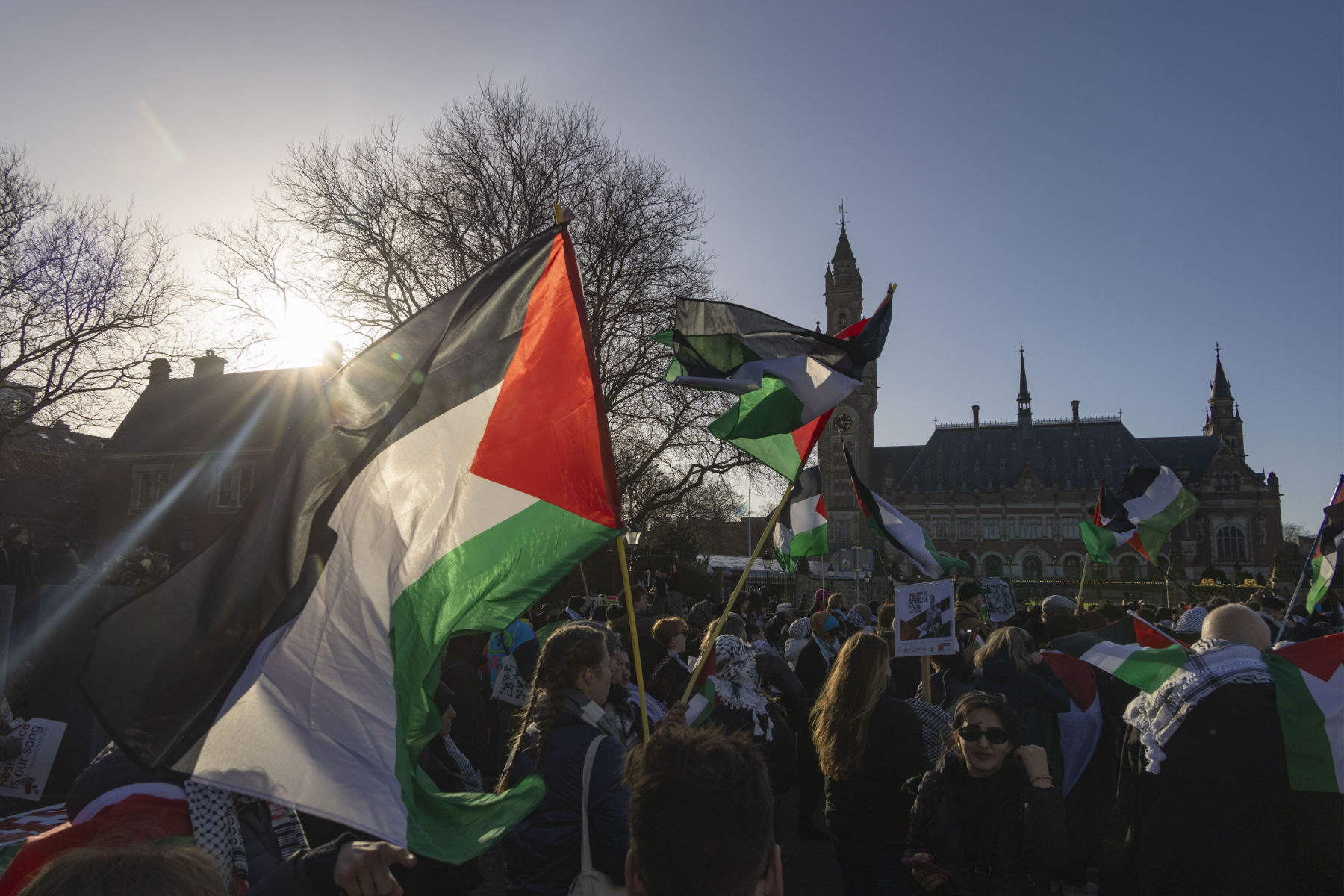In a statement submitted for the record, DAWN Executive Director Sarah Leah Whitson demonstrates how authoritarian governments in the Middle East and North Africa abuse counterterrorism laws to target government critics and stifle human rights.
(Washington, D.C., October 26, 2021) – Democracy for the Arab World Now (DAWN) Executive Director Sarah Leah Whitson submitted a statement for the record to the Tom Lantos Human Rights Commission's hearing titled "Counterterrorism and Human Rights: Striking the Balance." The hearing will be held virtually and is scheduled to begin at 10:00 a.m. EST.
In her statement, Whitson demonstrates how authoritarian and apartheid governments in the Middle East and North Africa (MENA) rely on counterterrorism laws and polices to target civil society and human rights defenders, as well as journalists and academics. By labeling human rights defenders and civil society leaders as "terrorists," and characterizing civil society organizations and political opposition groups as "terrorist entities," these repressive governments minimize criticism and achieve a level of censorship that is otherwise unavailable.
"Over the past twenty years, no legal or policy tool has proven as useful to authoritarian governments within the MENA region as overly broad and purposefully vague counterterrorism laws and policies. The recent decision of Israel's Minister of Defense to designate six well respected human rights organizations as 'terrorist' organizations is the most recent and most shocking example of this practice, but it is hardly the first," said Whitson.
Assessing counterterrorism legal provisions and policy frameworks of Israel, Egypt, and Saudi Arabia, Whitson shows how three authoritarian governments closely aligned to the U.S. government use counterterrorism laws and policies to subvert democracy and justify human rights abuses. By doing so these governments employ a tactic commonly used by China, Russia, and Iran, while still receiving billions in U.S. political and military support. Through this tactic, these MENA governments appropriate the pain and suffering caused by violent acts of terrorism and shamelessly repurpose it to repress their citizens and stifle dissent.
"The repacking of terrorist violence and the pain and suffering of terrorist victims to subvert democracy, attack human rights, and punish peaceful activities is reprehensible," said Whitson. "Governments availing themselves of these tactics do not deserve U.S. support."
Based on this analysis, Whitson recommends that MENA governments reform their counterterrorism laws and limit these laws to criminalizing violent acts for political ends. Whitson also provides specific recommendations that the U.S. government can take to urge Israel, Egypt, and Saudi Arabia to amend these laws in a way that supports human rights, while also ensuring that these countries can address terrorist threats in a legitimate and credible way.
"U.S. elected officials and policymakers must see through these tactics and urge the political leaders of these countries to address terrorism genuinely. By using counterterrorism laws to target citizens and human rights organizations, these countries engender more violence by eliminating all space for political discussion and freedom of speech," Whitson added.
Tom Lantos Human Rights Commission Co-Chairs James P. McGovern (D-MA) and Christopher H. Smith (R-NJ) will host the hearing. Scheduled witnesses include Fionnuala Ní Aoláin, U.N. Special Rapporteur on the promotion and protection of human rights and fundamental freedoms while countering terrorism, Tom Parker, Crime Prevention and Criminal Justice Officer, Terrorism Prevention Branch, U.N. Office on Drugs and Crime, as well as several human rights experts. Watch the hearing via live webcast here.





































